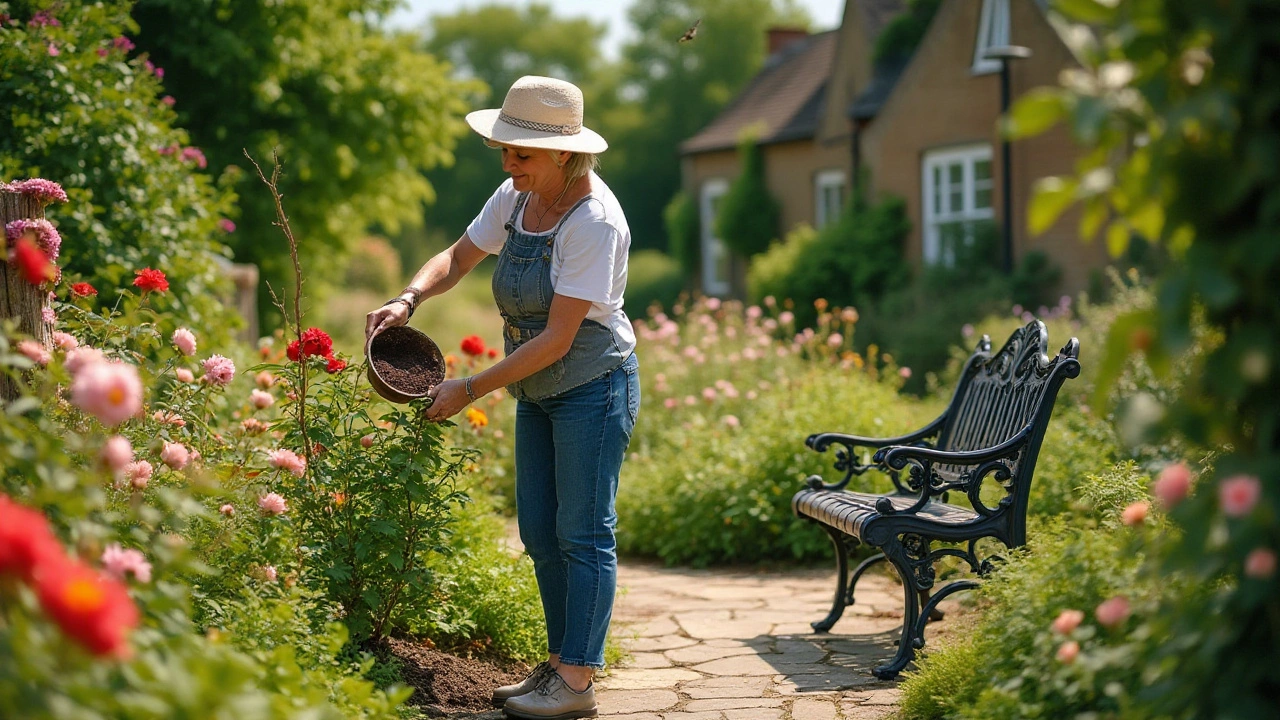Organic Gardening: Simple Steps to Grow a Greener Garden
If you want fresh veggies and a healthier planet, organic gardening is the way to go. You don’t need a massive yard or fancy tools – just a bit of patience and the right know‑how. Below you’ll find easy actions you can start today, whether you’re planting in containers or a backyard plot.
Getting Started with Organic Gardening
First, pick plants that are forgiving for new growers. Easy‑to‑grow vegetables like lettuce, radish, and zucchini need minimal care and give quick rewards. Their short growth cycles let you see results in weeks, keeping motivation high.
Before you sow, make sure the soil is ready. After tilling, wait until the soil feels crumbly and moisture‑balanced – usually two to three days if the weather is dry, longer if it’s wet. Push a finger into the soil; if it breaks easily, it’s ready for seeds.
Organic matter is the secret sauce. Mix compost, well‑rotted manure, or leaf mulch into the top six inches of soil. This improves structure, holds moisture, and feeds microbes that protect plants from disease.
Everyday Practices for a Healthy Organic Garden
Water wisely. Early morning watering reduces evaporation and lowers the risk of fungal problems. Aim for a deep soak once a week rather than light daily sprinklings – deep roots mean drought resilience.
Control weeds by mulching. A layer of straw, wood chips, or shredded newspaper blocks sunlight, keeping weeds at bay while the mulch slowly breaks down into soil‑enriching material.
Watch for pests, but keep chemicals out. Hand‑pick larger insects, use a strong spray of water for aphids, or grow companion plants like marigolds that naturally repel bugs.
Rotate crops each season. Moving the same family of vegetables to a new spot prevents soil‑borne diseases and balances nutrient use. For example, follow a tomato patch with beans, which add nitrogen back into the soil.
Harvest regularly. Picking ripe produce encourages more growth and prevents plants from going to seed too early. A steady harvest also reduces the chance of rot and pest attraction.
Keep learning. Journaling what you plant, when you sow, and the weather conditions helps you spot patterns and improve results year after year.
With these straightforward steps, you can turn a simple patch into a thriving organic garden that feeds you and supports the environment. Start small, stay consistent, and watch your garden grow greener every season.
This article explores the potential benefits of using coffee grounds in your garden to enhance plant growth. Learn how these kitchen leftovers might act as a natural fertilizer and promote healthy soil. Discover how coffee grounds can deter pests and improve water retention in your garden. Get tips on correctly using coffee grounds to ensure the best results for your plants.


